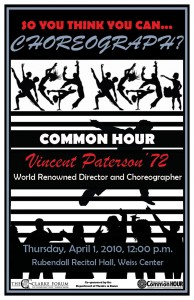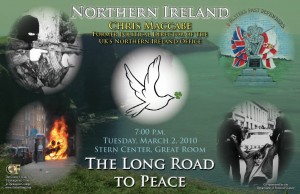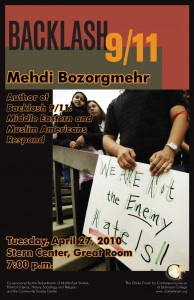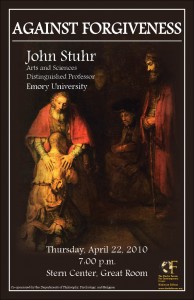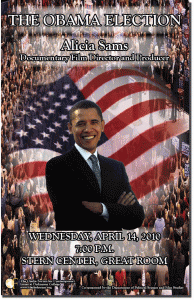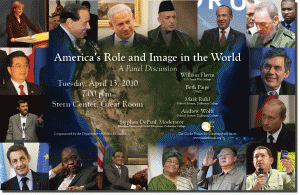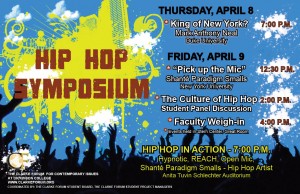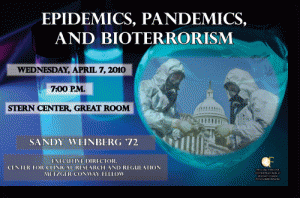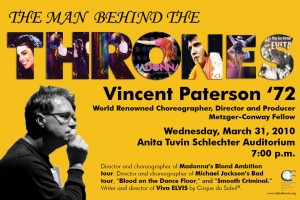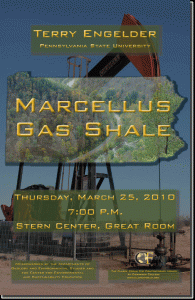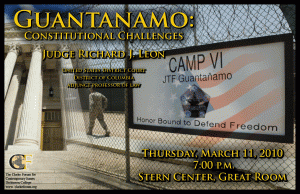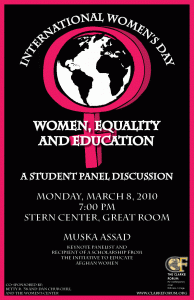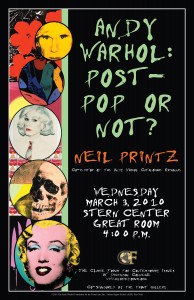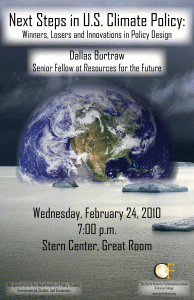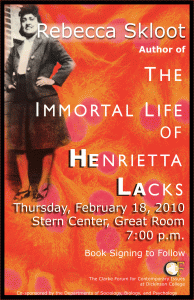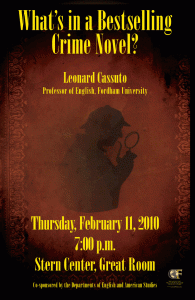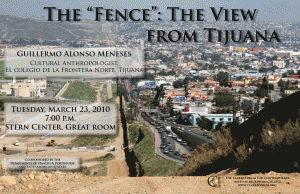
El Colegio de al Frontera Norte, Tijuana
The “Fence”: The View from Tijuana
Tuesday, March 23, 2010
Stern Center, Great Room, 7:00 p.m.
The United States is building one, two, three or more walls and “other obstacles” in the southwest border. Customs and Border Protection claim, “New dangers face the borders of our nation.” Terrorism, drug trafficking and illegal immigrants are waiting to cross the border.
Co-sponsored by the Departments of Latin American Studies and Spanish and Portuguese.
Topical Background
Founded in 1982, El Colegio de la Frontera Norte, or “The College of the Northern Border,” serves as both an institute of higher education and a prominent think tank. With headquarters in Tijuana, Mexico, the institution has branches throughout Mexico in Monterrey, Ciudad Juarez, Mexicali, Nogales, Piedras Negras, Nuevo Laredo, and Matamoros. Its mission is threefold:
1.Study and divulge the significance of regional issues occurring in the U.S.-Mexico border
2.Train students and staff to excel as professionals and researchers
3.Maintain close links with civil society and government to contribute to the development of the region and the country
In the classroom, students at El Colegio de la Frontera Norte learn extensively about issues surrounding the U.S.-Mexico border in six different Read more

